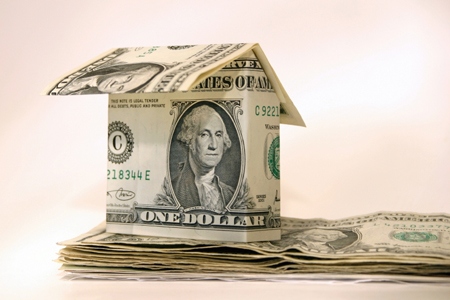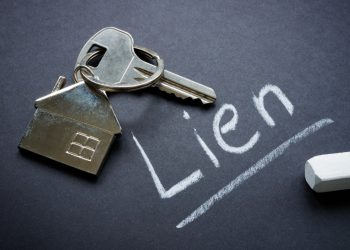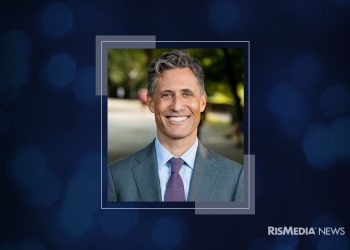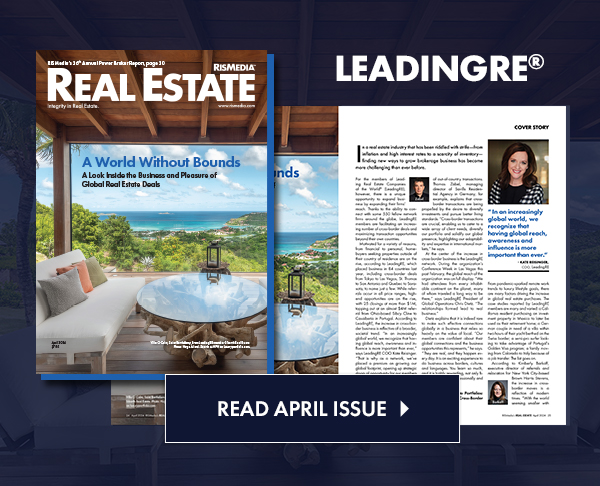One of the most significant advantages of owning a home is the ability to build wealth—and according to a recent report from the Employee Benefit Research Institute (EBRI), home equity is one of the top two assets households rely on in retirement, barring pension or Social Security benefits.
The report, “Importance of Individual Account Retirement Plans and Home Equity in Family Total Wealth,” compared assets in households headed by those between the ages of 25 and 64, computing the share of assets comprised of home equity and retirement plans (e.g., 401(k), IRA)—the other key source of income in retirement. The median share was 78.2 percent, and even higher when focused in on the 55-64 age range: 87.4 percent.
“The data show that it is overwhelmingly the case that individual account (IA) retirement plan assets, plus home equity, represent almost all of what families have to use for retirement expenses outside of Social Security and traditional pensions,” said Craig Copeland, author of the report and senior research associate at EBRI, in a release.
Markedly, the presence of an IA can be an indicator of a household’s assets overall. More than three-quarters (79.6 percent) of households without an IA have less than $10,000 in assets, according to the report, suggesting some link between having an IA and owning a home.
“Those families without IA assets typically have very low overall assets, so they have almost nothing to draw from for retirement expenses (outside of Social Security),” Copeland said.
Source: Employee Benefit Research Institute (EBRI)
For the latest real estate news and trends, bookmark RISMedia.com.











